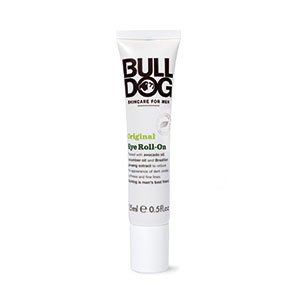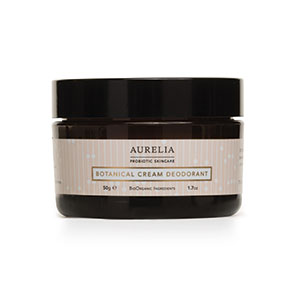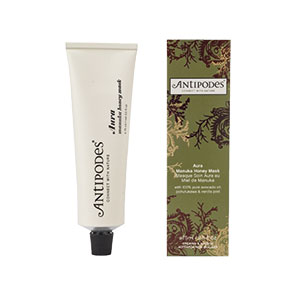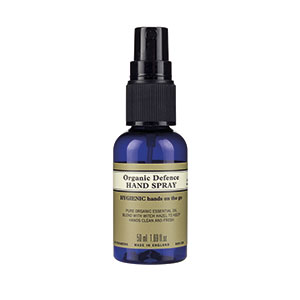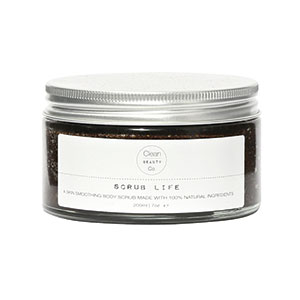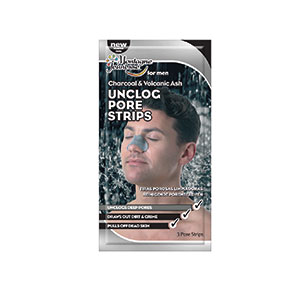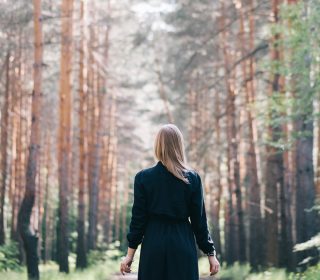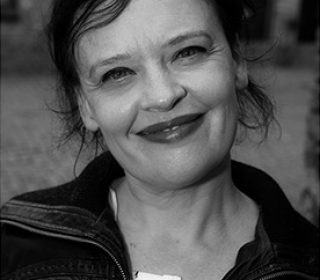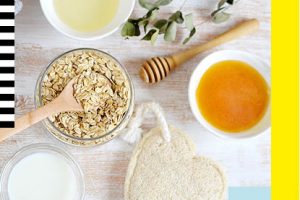The rise of clean beauty
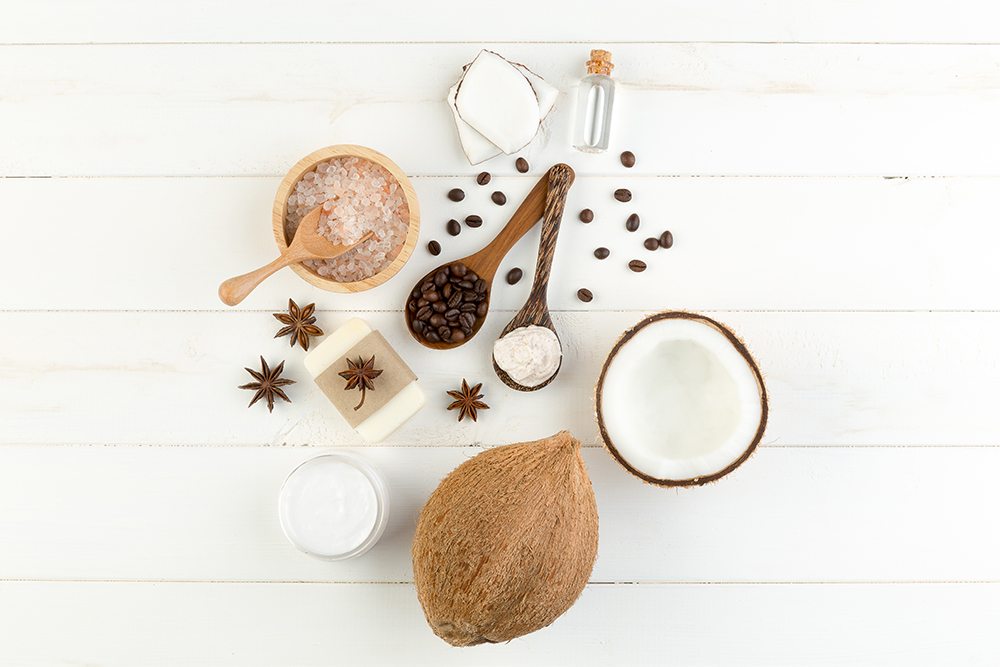
Ever wondered about the regulations of the laboratory in which your shampoo is made, or how many chemicals reside in your moisturiser? If the answer is a resounding ‘yes,’ then you’re one of a number of Brits who are becoming increasingly conscious about how ‘clean’ their skincare is. Mintel’s 2025 Trends report highlighted that 42% of UK consumers prefer to buy organic beauty products because they believe they are better for the environment.
Three books on the subject are on the market, too: Goop Clean Beauty by The Editors of Goop (£20, Sphere) and Natural Beauty by Imelda Burke (£20, Ebury Press) are on the shelves now, shortly followed by Clean Beauty by Elsie Rutterford and Dominika Minarovic (£18, Square Peg) later this month. Even Deliciously Ella is in on the action, collaborating with Neal’s Yard on her own organic beauty range. But what does ‘clean’ really mean – and what’s the appeal?
‘Simply put, “clean” products are as natural and made with as few chemicals as possible in terms of ingredients and production,’ says beauty editor Grace Timothy. And they’re not just for women. With ever-expanding options of natural grooming products, it’s no wonder that 50% of male Brits believe that naturally-made skincare products are better for them.
‘Historically, these products are a hard-sell to men because their thinking is often, “if there’s no science behind it, it must be no good,” whereas we know now that simply isn’t the case,’ says male grooming expert Lee Kynaston.
INSIDE MATTERS
For a nation that has started to embrace organic food, swapping refined and ready-made for soya and spiralizers, it’s only natural that the lifestyle industry would follow. In 2014, £44.6million worth of organic beauty products were sold – a 20% increase year on year – and this rise is continuing. ‘More people are looking at where their food comes from and, as a result, have become aware of what they put on their skin,’ says Lauren Bartley, trade relations manager at Soil Association Certification. ‘We’re seeing a huge rise in organic beauty as people look for more ethical criteria for their purchasing.’
Londoners Elsie Rutterford and Dominika Minarovic became so obsessed with reading lists of ingredients on everything from their pasta sauce to their shampoo, they quit their jobs in advertising to launch a natural beauty range, Clean Beauty Co, make products and run workshops on DIY make-up. ‘We all know that eating processed foods is bad for us, but skin is our biggest organ and most people don’t have a clue what they’re putting on it,’ says Elsie.
‘The beauty industry deliberately uses labels that are difficult to decipher. Most
high-street products are made up of 70-80% water or pointless synthetics and fillers that companies use to cut corners. Your £80 cream is probably 80% water. If aqua’s the main ingredient, it’ll be cheap.’
ORGANIC UNCOVERED
Even seemingly ‘natural’ products should be bought with care. ‘Essentially, anyone can claim their product is “organic” because there is currently no way to police this labelling,’ warns Grace. ‘Look out for a certification symbol from Soil Association, NaTrue or Cosmos. The main ingredients to avoid are phthalates, parabens, sodium laureth sulphate (SLES), and sodium lauryl sulfate (SLS), mineral oil, PEG and formaldehyde.’
7th Heaven launched 30 years ago and is the biggest-seller of face masks in the world. Its products are free from paraffin, SLES and SLS chemicals and microbeads. Microbeads are often found in exfoliators and have been known to clog up water cleaning systems, end up in the ocean and get eaten by fish. Not very eco-friendly. ‘We use crushed walnut shells, apricot kernels and strawberry seeds instead,’ says Heather Ansell, the brand’s head cosmetic scientist.
So, is ‘clean’ always better? Lee isn’t so sure. ‘I use Bulldog moisturiser, which is organic, as it’s the best for my skin, but it’s down to each individual. However, there’s a lot to be said for products that are environmentally- sound and I fully welcome the trend.’ For beauty, Grace takes the same approach: ‘I look at it on a case-by-case basis, bearing in mind it’s thought that we absorb 60% of what we apply to our skin into our bloodstream.’
SKIN DEEP
Bathroom cabinet essentials for the clean-minded
1. Bull Dog Original Eye Roll-On
Male grooming expert Lee Kynaston says Bull Dog is one of the best skincare brands, for men, around. The natural blend is said to reduce dark circles and puffiness.
£9.99, Bulldog Skincare
2. Aurelia Botanical Cream Deodorant
This clever deodorant doesn’t contain harsh aluminium but rather plant-based botanicals such as eucalyptus and peppermint.
£18, Aurelia Skincare
3. Antipodes Aura Manuka Honey Mask
The honey draws moisture to your skin to hydrate it intensely – a traditional remedy of the Maori people. While the ruby pohutukawa flower is one of nature’s finest antioxidants.
£22.99, Planet Organic
4. Neal’s Yard Organic Defence Hand Spray
It’s 95% organic and kills 99.9% of bacteria. Winners of multiple awards for ethical and organic beauty, Neal’s Yard is a trusted favourite by beauty insiders.
£6.50, Neal’s Yard Remedies
5. Clean Beauty Scrub Life
Contains grapefruit, which is an antioxidant and helps rid cellulite, and caffeine to stimulate blood flow.
£20, Clean Beauty Co
6. Montagne Jeunesse Unclog Pore Strips
Made with charcoal powder and volcanic ash, there’s nothing better to clear dead cells.
£1, Boots



